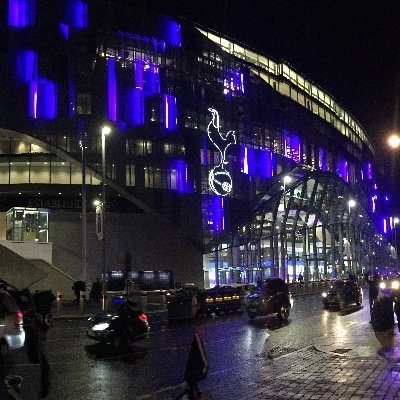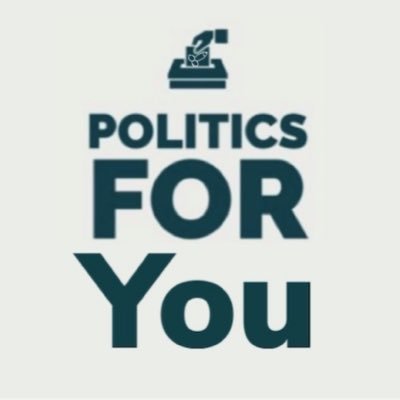- Cuba claims its forces shot dead four individuals on US-registered speedboat.
- Majority of MEPs Support Fast-Track EU Membership for Ukraine This Week
- Declan Rice names Arsenal teammate who has helped him become ‘unstoppable’
- Macron to Propose EU Nuclear Deterrent Expansion in Speech on Monday
- Iran’s exiled crown prince calls for UK support of US military action amid ongoing violence
- Women in Epstein files with Stephen Hawking identified as his carers in 2006
- Husband denies driving wife to suicide, claims she fabricated abuse for attention
- Man Utd ‘reach agreement’ over first deal of summer transfer window



How big is the real estate ‘stranded asset’ problem?
FT Finance Tweet
OPINION || Malawi, one of the poorest countries in the world with overcrowded classrooms and teacher shortages, is embracing pioneering technology – and turning its schools around, writes Bjorn Lomborg ✍️
City AM Tweet
Deal struck to deport migrants arriving in the Chagos Islands to a British island territory
Sir Keir Starmer has agreed a deal to deport migrants arriving in the Chagos Islands in small boats to a British island territory.
Refugees arriving in the archipelago will be removed to St Helena, another UK territory more than 5,000 miles away in the Atlantic Ocean.
The deal was reached in the wake of a political agreement for the UK to hand the Chagos Islands over to Mauritius, following negotiations that began in 2022.
That decision, announced earlier this month, is designed to secure the future of a secretive military base on the island of Diego Garcia, but it has also left the UK without sovereign territorial control over the islands.
Under the migrant deal, the government of St Helena has been handed £6.65m to house any migrants that arrive on the Chagos Islands until the full agreement has been worked out.
But there has been opposition from within the territory, with a St Helena councillor warning that an influx of migrants could cause a “cultural shock”.
Andrew Turner told The Telegraph: “We are a very small island. There are less than 4,500 people who are resident on St Helena, so any influx to the island would have an impact.
“This is the kind of place where you know pretty much anyone you pass on the street on a first-name basis. The cultural shock alone would have a big impact.”
Meanwhile, campaign group Friends of the British Overseas Territories said the deal showed a “lack of understanding” from the British government of the problems on St Helena.
“St Helena is a small island with public services that already face a number of pressures”, a spokesperson added.
But Julie Thomas, chief minister of St Helena’s said the agreement “presents a unique opportunity” for the island to assist the UK.
“We are pleased to be able to work in close partnership with the UK government towards a mutually beneficial solution”, she added.
It is understood the arrangement will last for 18 months, with Mauritius taking responsibility of any arrivals after Chagos handover deal comes into force.
And it will only apply for migrants arriving from now to Diego Garcia, a government spokesperson said.
Foreign Office sources told The Telegraph that migrants threatened the operation of the air base, which is set to remain under UK-US command after Mauritius takes control of the islands.
While the base will remain on the island, the agreement has triggered fears that China could be permitted to establish its own bases in the Chagos Islands, as well as raising concerns that Britain’s control of the Falklands could be under threat.
It also sparked anger among Chagossians, who have accused the government of excluding them from talks.
Chagossian Voices, a group representing indigenous people from the Chagos Islands, said their views had been “consistently and deliberately ignored” throughout the drafting of the agreement.
A government spokesperson said: “This government inherited a deeply troubling situation which remained unresolved under the last administration for years after the migrants’ arrival on Diego Garcia, resulting in mounting legal challenges.
“The British Indian Ocean Territory has never been a suitable long-term location for migrants. Ministers have worked hard to find solutions and contingency plans which protect the integrity of British territorial borders and migrant welfare.”
Australia to Protect 52% of its Oceans, More Than Any Other Country
Over 10,000 square miles of additional protected area will be added to the Heard and McDonald Islands in Australia’s far southern territorial waters.
Coupled with other expansions of existing marine sanctuaries, it puts Australia on course to have 52% of its ocean territory protected, more than any other nation, by the end of the current administration’s term.
“This is not just a huge environmental win for Australia, it’s a huge environmental win for the world,” said Australian Environment Minister Tanya Plibersek. “This is a unique and extraordinary part of our planet. We are doing everything we can to protect it.”
UK inflation expected to fall below two per cent target
UK inflation out this week is tipped to fall below the Bank of England’s two per cent target for the first time in more than three years, according to economists.
Official data from the Office for National Statistics, due to be released on Wednesday, is expected to show annual consumer price inflation fell to 1.9 per cent in September from 2.2 per cent in August.
That would be the first time inflation has fallen below target since April 2021, and will likely add to calls for UK ratesetters to lower borrowing costs at their next meeting in November.
Both the European Central Bank and US Federal Reserve have loosened monetary policy more aggressively than the BoE after positive news on inflation, with the ECB expected to make its third rate cut in four months on Thursday.
What to Watch
Amazon prime - TV & Netflix
What to Watch
Love Sports
- Good News
- Readers Digest
Subscribe to Updates
Get the latest creative news from FooBar about art, design and business.

